We at Cooper Gulch Common Grounds (CGCG) recently learned that the City of Eureka will submit a grant proposal in two weeks to artificially turf the natural fields at Cooper Gulch Park, Eureka’s second largest park. We believe that residents and business owners of Eureka should be given the opportunity to provide input on this proposal given the significant negative long-term impacts that may result. Please come to the Eureka City Council meeting on Tuesday, February 5, 6pm at 531 K Street, Eureka to share your concerns with our elected representatives. This may be the only opportunity for you, and the other 14,000 residents living within a mile of the park to provide input on a proposal that would dramatically change the natural character of the park. The proposal also increases safety issues and commits the city to significantly higher long-term maintenance costs.
As citizens of Eureka, we have volunteered our time to solicit input on who uses or does not use the park, what attracts or repels different segments of the community from visiting the park, and what investments in facilities and programming would make this park more meaningful to underrepresented segments of the community (www.coopergulch.org/survey-results). We assembled the robust input we received into the Community Vision (coopergulch.org/vision). The input received through our process identified fields that would support multiple uses and a diversity of programming. Artificially turfing fields and prioritizing regional competitions was not identified through community input and the public has not had an opportunity to voice their concerns about possible impacts.
Our survey identified safety as the leading reason why park participation rates are much lower for women and the elderly than men, at a participation rate of 1 to 3. One of the top methods community members identified to improve safety was to increase the presence of people in the park. While the City’s proposal would increase out-of-town visitors a few weekends a year, the focus of the park would be visitor-oriented rather than resident-oriented. This proposal would do little to increase the use of the park by a diversity of residents throughout the week and year. Also of concern are the potential health and safety impacts to youth and adult sports players that artificial turf has been known to create. It is likely that changing the character and surfacing of the park’s main play areas would further diminish existing uses such as dog walking, as well as introduces new health and safety hazards.
An alternative to artificial turf is a sand-based natural turf grass field, which would improve drainage (a major seasonal issue in the park) while maintaining the natural character of the park. Artificial turf fields, including the FieldTurf brand that we understand the city is considering, generally have an 8-year warranty and can be expected to last 8 to 13 years (https://fieldturf.com/en/why-fieldturf/faq/). A report by Oregon State University that outlines a range of natural turf development opportunities for the Pacific Northwest says "Sand-based, natural turf grass fields, when compared to synthetic surfaces, are initially less expensive, more enjoyable to play on, cooler in warm weather, less hazardous when wet, more resilient, and are 30 to 50 times less expensive to replace." (https://catalog.extension.oregonstate.edu/pnw675/viewfile).
We have seen how Ross Park’s limited rubber footprint has fallen into disrepair and have noted the limited funds available for supporting the maintenance of parks, which is only $5,000 this year for all playgrounds in the City of Eureka. The long-term commitment to maintenance is not realistic and could have serious consequences for the health of Cooper creek, Humboldt Bay, and users of the field, should the field not be properly maintained.
We recommend that the City apply for the Proposition 68 Parks Revitalization grant request for proposals due on July 15th which allows cities to be awarded multiple proposals for up to $8.5 million. This would provide time for public input, as well as a chance to take advantage of a great opportunity to invest in facilities that would benefit our entire community, resulting in new skills, play structures, and interactions. These investments would make our parks safer and increase the diversity of people in our community using the park and therefore deserves consideration as the City moves to apply for one of the largest funding opportunities for parks since 2006!
Cooper Gulch Common Grounds
